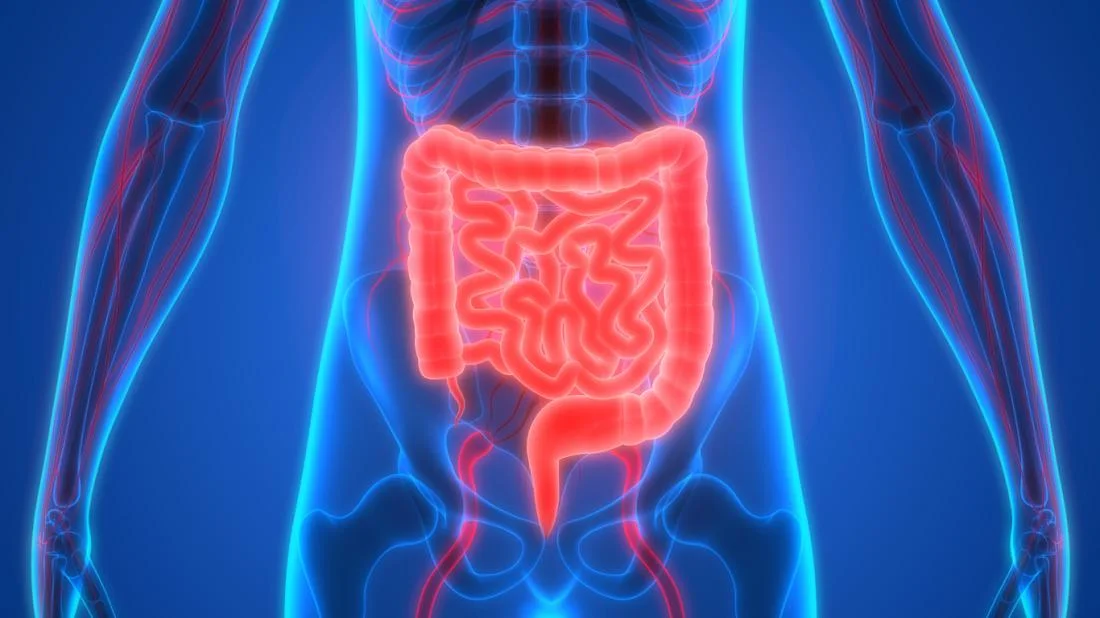What Happens When You Eat Too Quickly?

Do you know how many times you are supposed to chew each bite of your food? Some people think 5, 10, maybe 15... Well the answer is actually 30 times! And no, you did not read that wrong. According to many studies, the average time someone is supposed to chew each bite of food is 30 times, especially for meats, vegetables and more dense foods. This probably seems impossible at first, but there are numerous ways to make this become a seamless part of your eating habits and there are many reasons as to why this is important.
When you think of your digestive system, you think of your stomach, your intestines, etc. but what many people fail to understand is that your digestive system begins before you even put that bite of food into your mouth. The way this works is that the second your senses start to see, smell, or even imagine a tasty snack, the salivary glands in your mouth start producing saliva. Reason being, the digestive system actually begins in your mouth, with your saliva getting ready to break down all the nutrients in that one bite of food into smaller particles and proteins for your other organs to later digest and utilize, thus absorbing those nutrients and vitamins into your bloodstream.
So why is this important? Chewing and breaking down your food the correct way is vital for healthy digestion, metabolism, weight loss, and weight management.
When you chew your food too quickly, you swallow larger particles of food that aren't able to be broken down the correct way by your saliva. This leads to large particles of food entering your esophagus, then your stomach, your liver, etc. and puts extreme strain on your digestive system. In order for your body to later try and break down those bigger bites of food takes a lot of work. Your stomach releases more acid to try and get those foods broken down, which leads to gas, bloating, discomfort, acid reflux, and the inability to distribute the proper vitamins and nutrients from those foods into your bloodstream. For example, you can scarf down a nutritious chicken breast, but if your body isn't able to break it down properly, you are wasting extra calories by your body not even being able to utilize the proteins and minerals inside that piece of chicken.
As for chewing and weight loss, it is proven that it takes about 20 minutes after you begin eating for your hypothalamus to trigger that you are full and satiated. So if you take your time eating, by chewing your food and eating slower, you will actually feel fuller quicker and might not feel the urge to have to eat your entire plate of food, or feel the need to get up for seconds.
When you finish an entire meal in less than 20 minutes, you then realize afterwards that you feel way more full and bloated then you should be. This causes overeating and extra calories that your body does not really need. This is why taking your time finishing a meal in a relaxed, slower way will cause you to eat less, thus leading to a lower caloric intake. You will be surprised how much more energized you will feel. The key is to eat until 80% full, not stuffed. You also avoid the dreaded and regretful feeling of overeating and saves your body from going through overdrive trying to process and break down a larger portion of food than you can metabolize.
What actually happens when you overeat? Your body breaks down and digests the meal, distributing the carbohydrates, proteins. and fats to the liver, muscle glycogen, and other organs. But, those leftover calories that your body can't utilize get stored as fat for later use and if you are not exercising regularly, your body will continue to store that extra fat, then leading to weight gain! Overeating is one of the leading causes of obesity and diabetes.
Of course, following a healthy diet and partaking in regular physical exercise is important for a healthy lifestyle, but let's start with the basics. Chewing!
Here is a simple guide to chewing: (also taking sips of water during your meal will help you feel fuller faster as well!)
• Look at the time before you begin eating, aim to stretch the meal out for 20 minutes
• Limit distractions while eating, such as watching TV, working on the computer, reading, etc.
• Breathe
• Take a bite of food
• Put utensil down
• Chew slowly (you can practice counting 30 chews)
• Swallow
• Breathe
• Pick up utensil and take another bite
• Put utensil down
• Chew slowly (you can practice counting 30 chews)
• Swallow
• Breathe
• Repeat until 80% full (aiming for energized, not full)